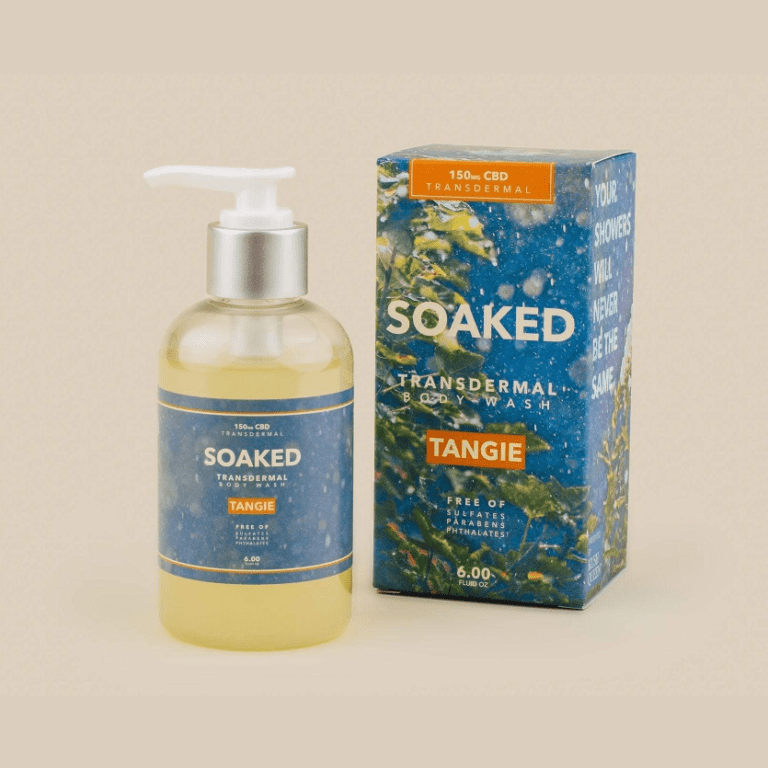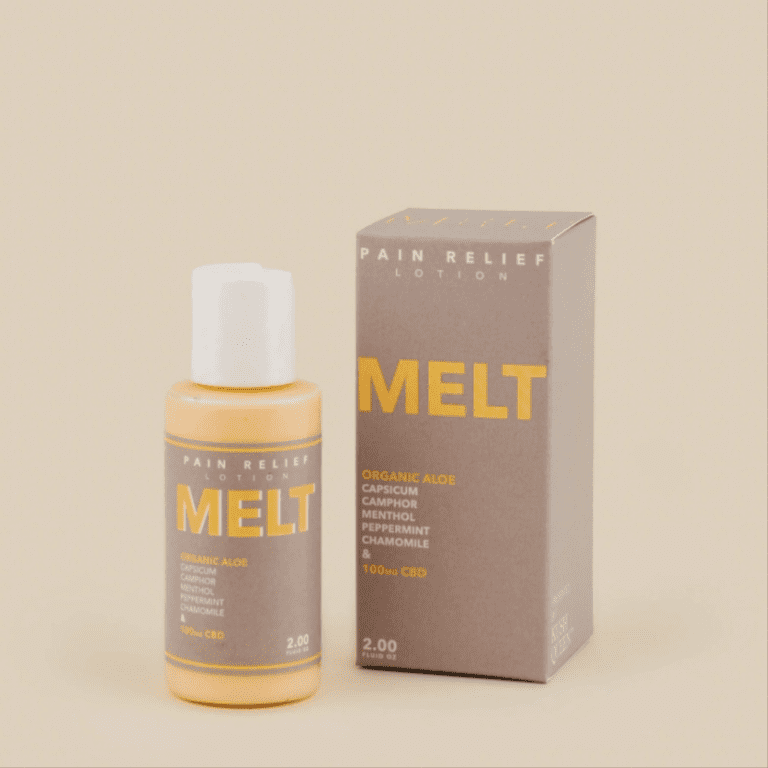 Are CBD Topicals Legal in the US?
Are CBD Topicals Legal in the US?
The 2018 Agriculture Improvement Act has removed hemp (cannabis) containing provisions Products containing cannabidiol (CBD), 0.3% THC) have gained popularity since it was removed from the US controlled substances lists.
But, there isn’t much research that has been conducted on topical cannabis products that are sold in the United States at retail stores and over the internet. This study examined the cannabinoid content along with the accuracy of the label as well as therapeutic and nontherapeutic claims of these products.
Legality
There is lots of confusion over the legality of CBD. This is due in part to the fact that many states have laws that govern hemp and cannabis products. It is often difficult for consumers to determine whether the legality of a product, its safety and effectiveness.
First first, the FDA does not allow CBD to be added to food products or dietary supplements. Companies who want to include CBD in their products must be in compliance with all federal rules and regulations. However, they are able to use the FDA’s approval procedure to get permission from the agency to add CBD to a food item or supplement if the product is compliant with other requirements.
FDA is concerned about the rise in CBD-rich items that have yet to be approved by the FDA. This is because such products aren’t just risky to consume, but be harmful on the health of the general public.
There are many states in the US that have passed laws that make CBD legal and safe. The laws generally require producers to obtain a state license and comply with certain safety and quality standards. The most notable of these laws is the hemp and marijuana act in 2014, which allowed the production and distribution of CBD in the form of oil or extracts.
Other states have also passed CBD pilot programs as well as medical laws that explicitly allow for CBD. These laws are designed to promote research and development of novel Cbd topicals price-based products and to protect consumers from nefarious actions.
There are numerous legal cbd topicals on the market. However it is crucial to choose a product that has a good reputation. This is the best method to ensure that you are getting the product you’re looking for and meets all legal, safety and quality requirements.
It is recommended to search online for reviews and search for CBD products that have been tested by third party. This type of test can determine if a product is safe and in compliance with the legal requirements. The most effective CBD products also come with an official certificate of analysis (COA).
Safety
CBD is a chemical that is legal to be sold in the United States as a dietary supplement. However, CBD is a drug that has not yet been accepted by the FDA. So, dietary supplements that contain CBD must comply with FDA laws and regulations.
Although CBD is naturally occurring and is extracted from cannabis plants, it’s an ingredient that has the potential to cause harm if it is used in a way that is not properly or in excess. Therefore, manufacturers must follow strict cGMP guidelines and other standards for manufacturing to ensure safety. Companies must avoid making misleading claims about CBD’s effects or its potential effects on a person’s health.
According to the FDA it is against the law for CBD-containing products to be sold without FDA approval. According to the FDA, the false marketing of unapproved products that have therapeutic claims creates grave health concerns for the public. Patients and other consumers may be enticed to stay away from approved treatments for serious or fatal diseases.
In the wake of this, the FDA is currently assessing how to regulate CBD-rich food items and nutritional supplements. The FDA may decide to reclassify the ingredient to remove it from its current status of a drug or issue FDA regulations that permit it to be added to food items.
States are currently leading the way in CBD regulation. The legal status of CBD is contingent upon a number of aspects including the source and product type.
While state laws vary, many require rigorous testing and safety requirements for products to protect the environment and promote consumer safety. Some states, such as Alaska, are also requiring more safety measures than what the FDCA requires.
Advertising is banned in the majority of states. These restrictions include restricting product claims and prohibiting marketing to minors. Additionally, the majority of states prohibit misleading or false claims as well as unsubstantiated health or health claims (i.e. that a CBD product is designed to treat a specific medical problem).
The FDA does not regulate the manufacture and sale of topical CBD products. This means that manufacturers should consult with counsel to determine whether they meet the requirements of federal law as well as the applicable state laws prior to launching or selling them. In addition, businesses should be aware of the plethora of state laws governing CBD, which can be confusing and in some cases , may conflict with FDCA.
Dosage
Products that contain cannabidiol (CBD) have been gaining popularity since the year 2018, when the Agriculture Improvement Act removed hemp (ie cannabis that contains 0.3% D9-tetrahydrocannabinol [THC]) from the US controlled substances list. CBD is believed to be effective in treating numerous health ailments including anxiety and chronic pain.
As the popularity of topical cannabinoid products increases, research is needed to assess their safety and effectiveness. A recent study showed that products for topical use containing CBD are safe to apply on the skin, however they might not be as effective as oral dosages.
It is important to note that CBD topicals are not approved by the FDA. This is due to the fact that they are not intended to be used as a diet supplement or food, but instead for medicinal and therapeutic purposes. Therefore they must comply with federal standards for approval and be subject to rigorous testing before being sold.
Fortunately, many states have shifted to more tightly controlled product safety and testing regulations for cannabinoids generally, albeit with some exceptions. New York, Kentucky, Colorado, and Alaska have laws that require cGMP as well as other safety standards to be met for manufacturing and testing.
In addition, some states have passed laws limiting advertising claims and limiting marketing to minors. These laws are intended to protect consumers from fraudulent products, which can cause negative consequences for patients.
The US Food and Drug Administration is also concerned about the rise in unsubstantiated therapeutic claims for cbd Topicals price CBD products that claim to be CBD-approved. These false claims can lead patients to buy CBD products that aren’t FDA-approved and therefore more expensive.
The FDA recently began to apply the law to manufacturers making deceptive and unlawful CBD-containing CBD products that claim to be therapeutic. Patients could be exposed potentially harmful products with misleading or illegal claims. This could lead to severe health implications for patients suffering from serious ailments. This is especially true in the case of pain, which can be an ongoing condition with many symptoms.
Side Effects
The endocannabinoid system is a network of chemical receptors located throughout the body. They send signals to regulate sleep, appetite mood and many other aspects of health. CBD activates this system, and promotes feelings of wellbeing.
Topicals are a great way for CBD to be absorbed without having to swallow it. They can also reduce adverse effects.
There are a variety of CBD-based products for the face such as lotions, oils, and balms. Some contain skin-friendly blends of essential oils, such as avocado, coconut, Jojoba, and vitaminE. These hydrating and nourishing ingredients can keep your skin healthy.
These topicals are easy to apply and quickly absorb into the skin, leaving no oily residue. They are a great option for localized pain relief and can also be used to treat arthritis.
In addition to reducing inflammation and reducing discomfort, topical products can also help relieve the signs of aging and balance the appearance, and soothe skin. The anti-inflammatory properties of CBD can also help in preventing acne.
Contrary to vape juice and edibles that contain THC and can provide users with an «high,» CBD does not cause psychoactive effects. CBD has a low likelihood of abuse and toxicity that’s why it’s deemed safe by the World Health Organization.
Another benefit of using CBD topicals is that they aren’t likely to show up on tests for drugs. They are absorbed by the skin and don’t get into the bloodstream. This will help you avoid failing an examination.
If you’re planning on conducting a drug test be sure to follow the directions carefully. The instructions will differ from one company to the next, but most will instruct you to spray the topical onto a cotton ball and apply it to the skin. It is recommended not to applying the cream to broken or open skin as this can cause irritation.
It is crucial to select the highest-quality product that contains CBD derived from hemp. Hemp is delicate and requires constant tendering to keep it from building up too much THC. This would cause it to become infected and will require it to be destroyed.
Hemp-derived CBD topicals can be legal in the USA as long as they do not contain more than 0.3% THC. CBD topicals derived from hemp are legal in the US, so they contain less than 0.3 percent THC.



